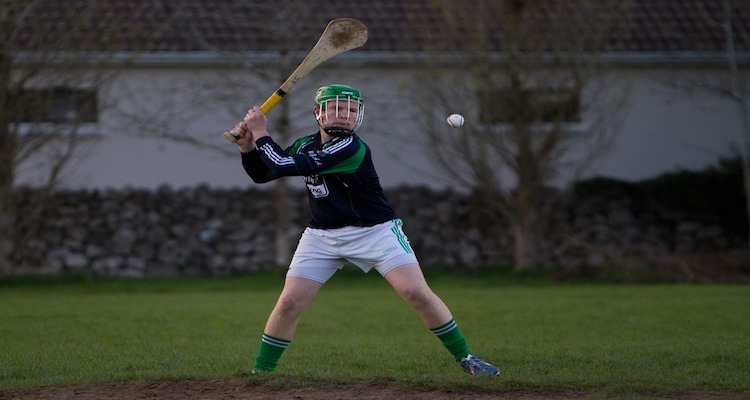
Hurling, a traditional Irish sport, can present various psychological challenges for players. Here are some potential psychological aspects that hurlers might face:
It's important to note that the psychological challenges can vary from player to player, and individuals may experience different issues based on their personal characteristics, experience level, and coping mechanisms. However, given the psychological demands it is not surprising that many Hurling players speak about the importance of psychological factors.
Several famous hurling players have spoken about the importance of psychology in the sport. Here are a few examples:
These are just a few examples of hurling players who have acknowledged the significance of psychology in their sport. Many other players, coaches, and experts in hurling have also recognized the role of mental aspects in achieving success and maximizing performance on the field. One way to do this is to work with a sport psychologist and we now turn to consider how working with a sport psychologist may benefit a hurler.
Working with a sport psychologist can offer numerous benefits to a hurler. Here are some ways in which sport psychology support can help:
Overall, a sport psychologist can provide valuable guidance, support, and mental training techniques to help hurlers optimize their performance, manage psychological challenges, and reach their full potential on and off the field.
If you would like to work with a sport psychologist or mental skills coach then do search our global directory where we have some excellent consultants waiting for you to get in touch.
